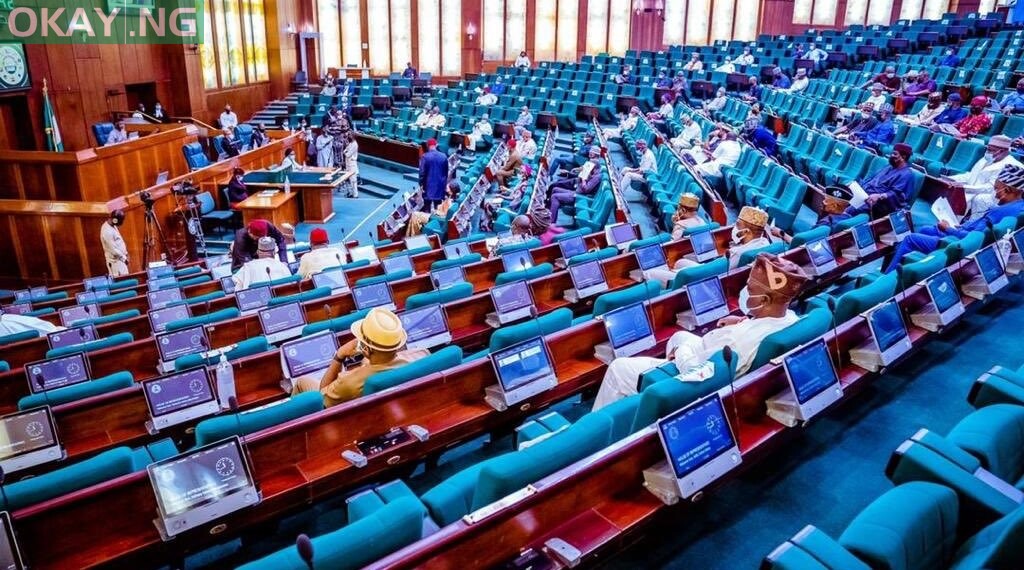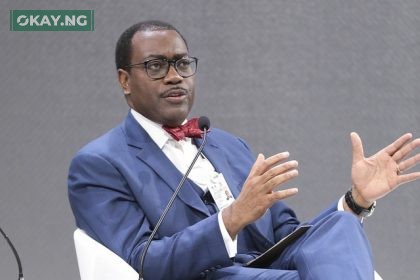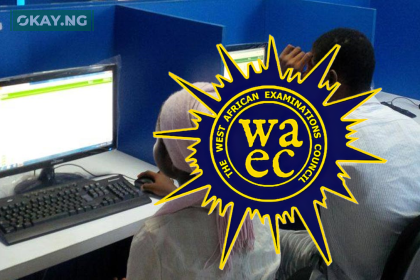The House of Representatives has advanced a bill that would mandate the resolution of all election petitions before the swearing-in of elected officials. This proposed legislation, formally titled “A Bill for an Act to Further Alter the Constitution of the Federal Republic of Nigeria, 1999 to Provide for the Determination of All Appeals Arising from Election Petition Tribunals Prior to Swearing-in of President-Elect, Vice-President-Elect, Governor-Elect, Deputy Governor-Elect, Members-Elect of the National and State Assemblies and for Related Matters (HB. 1154),” signals a potential paradigm shift in Nigeria’s electoral landscape.
Sponsored by Mansur Soro, representing Darazo/Ganjuwa federal constituency in Bauchi, and five other lawmakers, the bill’s passage for second reading on Tuesday indicates a growing legislative appetite for electoral reform. “This is about ensuring that the legitimacy of our elected officials is beyond reproach from the very beginning,” Soro stated within the document. “We are aiming to diminish the lingering uncertainties that often plague our political transitions.”
The core of the bill lies in its proposed amendment to the constitution, which would introduce a new subsection requiring that “all appeals arising from presidential, governorship, national, and state assembly election petition tribunals shall be determined by the appellate courts prior to the swearing-in of candidates declared as winners by the Independent National Electoral Commission (INEC).” This provision directly addresses a critical pain point in Nigeria’s electoral process, where protracted legal battles often cast shadows over newly elected governments.
Furthermore, the bill seeks to empower INEC to “prepare its guidelines and timelines of activities to provide sufficient time for the determination of all appeal cases before the swearing-in of candidates.” This proactive measure aims to streamline the electoral process, allowing for a more efficient and timely resolution of disputes.
Read Also: House Approves Tax Reforms, Rejects VAT Hike Amidst Public Concern
Implication:
The emotional toll of prolonged election disputes on citizens cannot be overstated. “Imagine,” I contemplate, “the constant state of limbo, the uncertainty that hangs over a nation when the legitimacy of its leaders is questioned for months, sometimes years.” This bill, if enacted, could alleviate this emotional burden, fostering greater trust in the electoral system.
This bill addresses the anxiety many Nigerians feel after elections, when the results are contested, and the country is held in a state of suspense. This proposed change could reduce the prolonged political tension that often leads to social unrest and economic instability. The current system, where winners are sworn in while legal challenges persist, creates a sense of unease and can undermine public confidence in the democratic process.
Background research indicates that protracted post-election litigation often negatively impacts investor confidence and hinders economic growth. According to a report by the Centre for Democracy and Development (CDD), “The uncertainty surrounding election outcomes can lead to a freeze in economic activities, as businesses and investors adopt a wait-and-see approach.” This proposed bill could contribute to a more stable economic environment by reducing this uncertainty.
The implications are significant. If implemented, this amendment could force a restructuring of the electoral timeline, potentially requiring INEC and the judiciary to expedite their processes. It could also demand greater resources and capacity building within these institutions. Whether this will cause delays or increase efficiency depends on the implementation.
As this bill moves forward, it will be crucial to monitor its progress and assess its potential impact on Nigeria’s democratic trajectory. The conversation surrounding this bill underscores a collective desire for a more transparent, efficient, and equitable electoral process.












